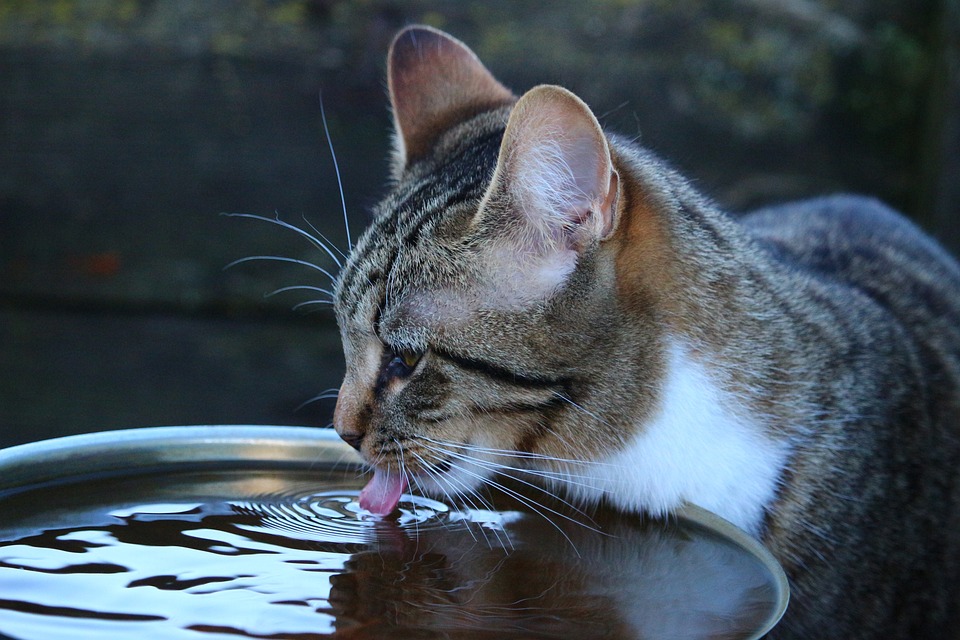Located about 10 miles from Ann Arbor, Webster Township in Washtenaw County, MI, is considering a significant change to its ordinance regarding the keeping of livestock on residential properties. Currently, residents are only allowed to keep livestock if their property is five acres or larger. However, a draft amendment to the township rules would allow certain types and numbers of farm animals for non-commercial purposes on smaller properties zoned for agriculture, agri-business, or rural residential.
The township’s Planning Commission recently voted unanimously to set a public hearing for September 18 to discuss the proposed ordinance amendment. This move comes in response to residents‘ desires to keep farm animals on smaller properties. The issue gained attention when the township cited residents living on a historic farm for keeping farm animals on less than five acres, leading to a court battle that is currently in appeal.
The proposed amendment aims to strike a balance between allowing residents to keep animals for non-commercial purposes while ensuring that it does not adversely affect public health, safety, or general welfare, nor create a nuisance for neighboring properties. This is particularly important as Webster Township has seen housing growth, including subdivisions, alongside its rural roots.
Under the new ordinance, residents on lots with less than one acre could keep up to five chickens. Lots sized between one and 1.99 acres could have five poultry animals and rabbits per acre, as well as a maximum of two small livestock animals like sheep or goats. For lots between two and 4.99 acres, residents could have five poultry animals and rabbits per acre, two small livestock animals per acre, and a maximum of two large livestock animals such as cattle, bison, llamas, and pigs.
Certain restrictions would apply, such as not allowing adult roosters on properties smaller than five acres and prohibiting „vicious animals“ and „wild or exotic animals“ unless permitted through a license by a county, state, or federal agency. The ordinance would also require that animals have shelter and be properly contained.
Exceptions could be made for residents who wish to keep large livestock for educational purposes, such as participating in 4H programs. Additionally, residents on properties adjacent to undeveloped land, including conservation easements, public use areas, wildlife habitats, or regulated wetlands, could request special allowances for different animals, subject to approval by the planning commission.
One point of contention among residents is how to determine net acreage, which excludes certain areas like right-of-ways, private road access easements, and wetlands or surface water. Some residents argue that requiring a boundary survey by a licensed surveyor is too costly and burdensome. However, the township’s Planning and Zoning Administrator noted that residents can use readily available information on the county’s maps website to verify compliance without the need for a boundary survey.
Overall, the proposed ordinance amendment in Webster Township reflects a careful balance between accommodating residents‘ desires to keep farm animals on smaller properties and ensuring that it is done in a responsible and sustainable manner. The upcoming public hearing on September 18 will provide an opportunity for community members to voice their opinions and concerns on this important issue.





